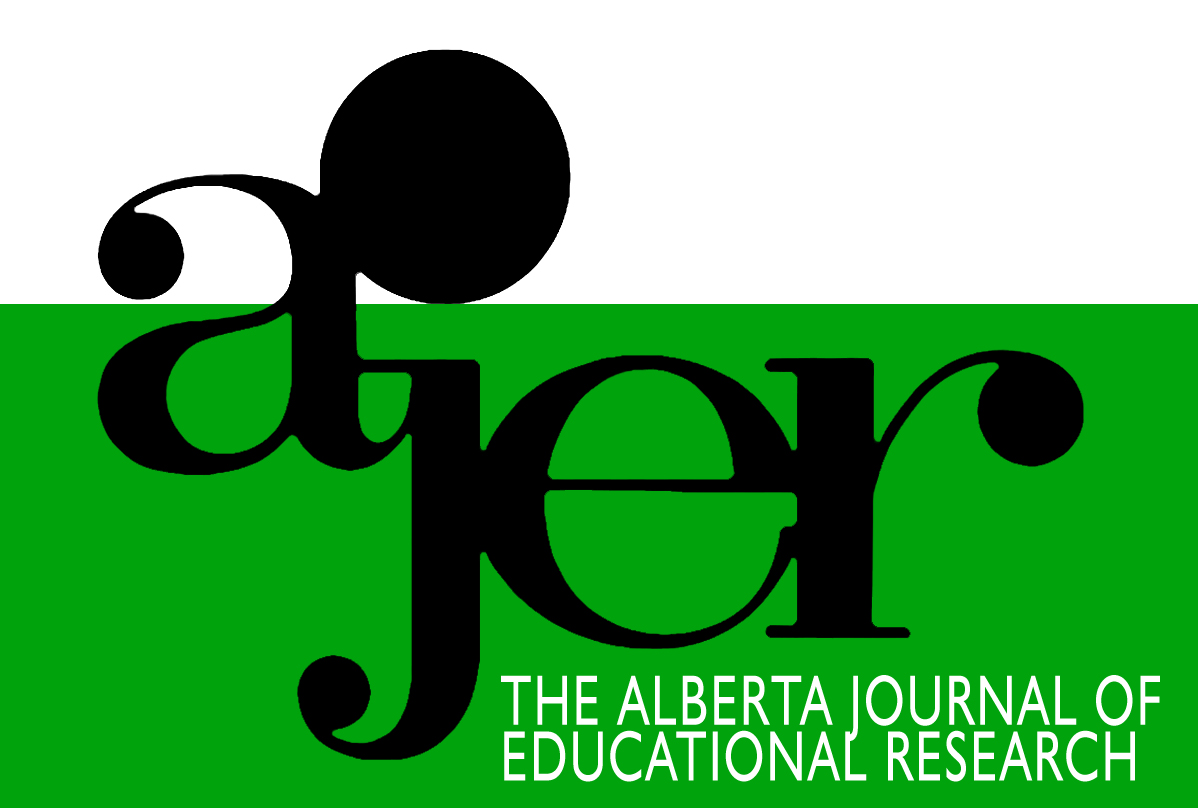Using the 3E Framework in Promoting Adult Learners’ Success in Online Environments
DOI:
https://doi.org/10.55016/ojs/ajer.v64i2.56381Keywords:
Online learning, adult learners, postsecondary educationAbstract
The growth of technology has facilitated a rapid expansion of online learning opportunities in postsecondary education, where adult learners are availing themselves of these classes and programs. To facilitate the success of adult learners in online environments, instructors must consider the learning characteristics of adult learners and intentionally design courses that leverage their strengths while addressing their challenges. The purpose of this paper is to utilize the 3E framework to analyze the implementation of e-learning technologies in order to achieve those goals. In this conceptual paper, first the 3E framework is described, and then the literature on adult learning in online environments is presented using a qualitative meta-synthesis approach. The 3E framework is then applied to examine e-learning technologies to highlight the implications this lens may have in the design and implementation of these technologies.
La croissance de la technologie a facilité l’expansion rapide des occasions d’apprentissage en ligne dans le monde de l’éducation postsecondaire, où les adultes se prévalent de ces cours et ces programmes. Afin de promouvoir la réussite des apprenants adultes dans ces environnements en ligne, les instructeurs doivent tenir compte des caractéristiques d’apprentissage des apprenants adultes et ensuite concevoir des cours qui exploitent leurs forces tout en abordant leurs points faibles. À cette fin, la présente recherche emploie le cadre 3E (en anglais enhance, extend, empower: améliorer, accroitre, autonomiser) pour analyser la mise en œuvre de l’apprentissage électronique. Cet article conceptuel commence par décrire le cadre 3E pour ensuite présenter, par une synthèse méta-analytique et qualitative, la recherche portant sur l’apprentissage par les adultes dans les environnements en ligne. Par la suite, le cadre 3E est appliqué à l’étude des technologies en ligne pour mettre en valeur les incidences que pourraient avoir cette perspective sur la conception et la mise en œuvre de ces technologies.
Mots clés : apprentissage en ligne, apprenants adultes, éducation postsecondaire
Downloads
Published
Issue
Section
License
UNIVERSITY OF ALBERTA COPYRIGHT LICENSE AND PUBLICATION AGREEMENT
If accepted, authors will be asked to sign a copyright agreement with the following points:
A. Where there is any inconsistency between this Copyright License and Publication Agreement and any other document or agreement in relation to the same subject matter, the terms of this Agreement shall govern.
B. This document sets out the rights you are granting in relation to publication of your article, book review, or research note entitled (the “Article”) through inclusion in the academic journal titled Alberta Journal of Educational Research (the “Journal”) published through the Faculty of Education, representing the Governors of the University of Alberta (the “Journal Editor”).
C. There will be no payment to you for this publication and grant of rights. In consideration of the agreement to publish the Article in the Journal:
1. You are warranting that:
- the content of the Article is your original work, and its content does not contain any material infringing the copyright of others; or, where the Article is not entirely your original work, you have obtained all necessary permissions in writing to grant the rights you are giving in this agreement;
- the content of the Article does not contain any material that is defamatory of, or violates the privacy rights of, or discloses the confidential information of, any other person;
- the Article has not been published elsewhere in whole or in part, and you will not allow publication of the Article elsewhere without the consent of the Journal Editor;
- the names of all co-authors and contributors to the Article are:
2. You agree to license the copyright in the Article to the Journal Editor, on a worldwide, perpetual, royalty free basis; and to the extent required by the terms of this agreement. You shall retain the right at all times to be acknowledged as the/an author of the Article.
3. You further agree that the Journal Editor has the entitlement to deal with the Article as the Journal Editor sees fit, and including in the following manner;
- The right to print, publish, market, communicate and distribute the Article and the Journal, in this and any subsequent editions, in all media (including electronic media), in all languages, and in all territories, ing the full term of copyright, and including any form of the Article separated from the Journal, such as in a database, abstract, offprint, translation or otherwise, and to authorize third parties to do so;
- The right to register copyright of the Journal;
- The right to edit the Article, to conform to editorial policy as the Journal Editor sees fit.
4. If any co-author or contributor to the Article does not sign this agreement, the Journal Editor reserves the right to refuse to publish the Article.



